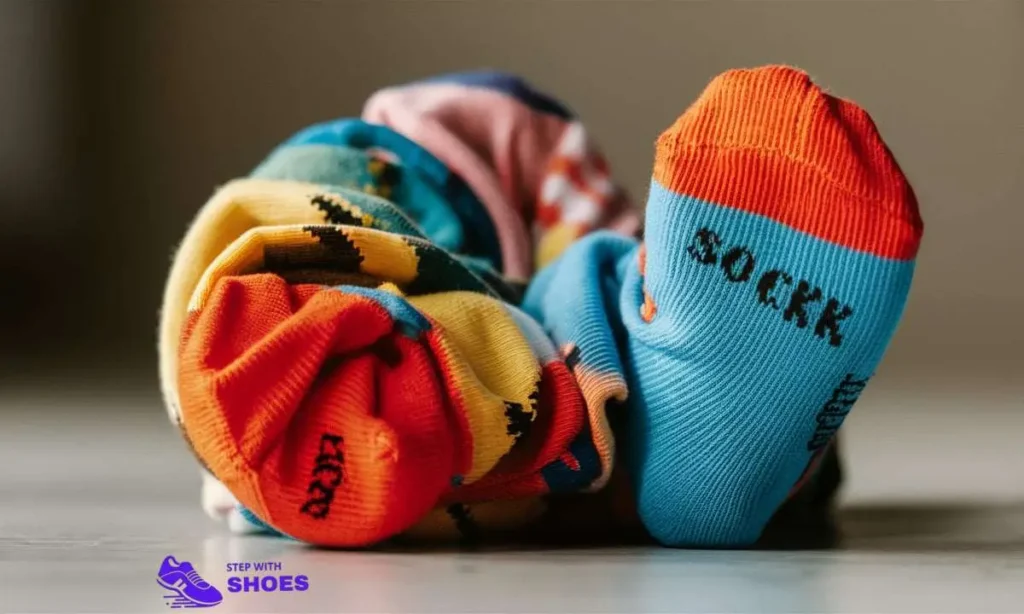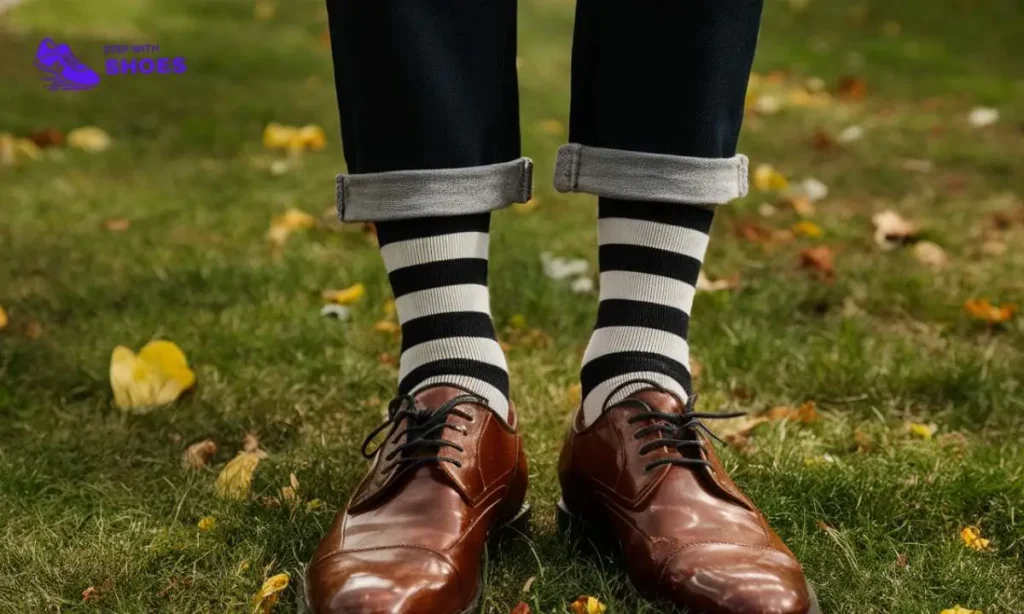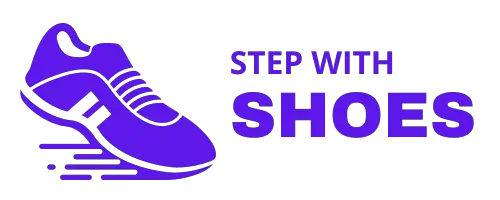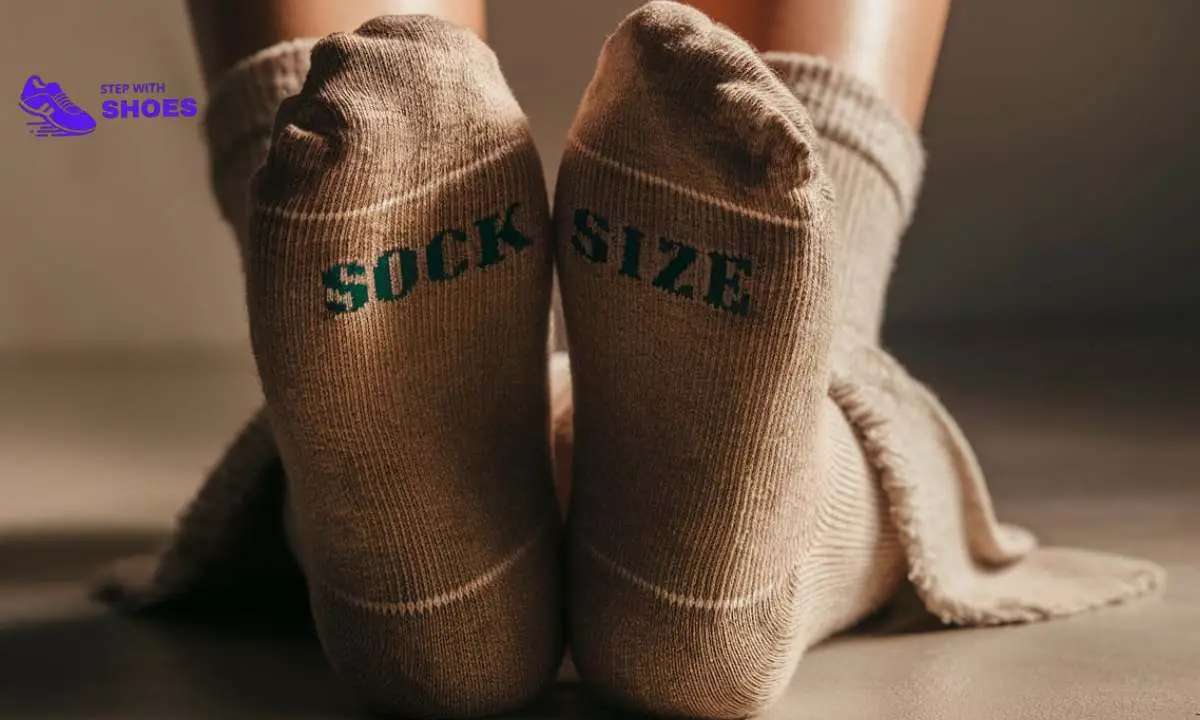Sock size by age varies depending on foot growth stages. Proper sock sizing ensures comfort and foot health.
Choosing the right sock size for different age groups is crucial for comfort and proper foot development. Socks that fit well can prevent blisters, improve circulation, and provide the necessary support for growing feet. Children’s feet grow rapidly, so it’s important to regularly check their sock size to ensure they are wearing the correct fit.
Adults, on the other hand, may experience changes in foot size due to various factors such as weight changes or medical conditions. Therefore, understanding sock size by age helps in making informed decisions, ensuring both children and adults enjoy optimal foot comfort and health.
Introduction To Sock Sizes
Choosing the right sock size is crucial for comfort. Socks that fit well can prevent blisters and discomfort. Kids have growing feet, so proper sock sizing matters.
Importance Of The Right Fit
The right sock size ensures your child’s feet are comfy. A good fit helps in maintaining foot health. Ill-fitting socks can cause discomfort and even foot problems.
It’s essential to match sock size with your child’s shoe size. This ensures the socks stay in place and provide adequate support.
Common Sock Size Issues
Parents often face issues with sock sizes. One common problem is buying socks that are too big or too small. Overly tight socks can restrict blood flow. Loose socks can bunch up and cause blisters.
Another issue is not accounting for growth spurts. Kids’ feet grow quickly, so always check sizes regularly.
Age-based Sock Size Chart
Here’s a simple chart to help you choose the right sock size by age.
| Age | Sock Size | Shoe Size |
|---|---|---|
| 0-1 Year | 0-2 | 0-3 |
| 1-3 Years | 2-4 | 3-6 |
| 3-5 Years | 4-7 | 6-9 |
| 5-7 Years | 7-9 | 9-12 |
Sock Sizes For Infants
Choosing the right sock size for infants ensures their comfort and healthy foot development. Babies have delicate feet that need extra care. The socks should fit well without being too tight or too loose. Understanding sock sizes by age can help parents make informed choices.

Choosing The First Pair
The first pair of socks for your baby is very important. Newborns and infants have tiny feet, so their socks need to be just the right size. Generally, socks for infants are sized based on age and foot length.
| Age | Foot Length (cm) | Sock Size |
|---|---|---|
| 0-3 months | 7-9 | 0-2 |
| 3-6 months | 9-11 | 2-4 |
| 6-12 months | 11-13 | 4-6 |
Always measure your baby’s feet before buying socks. This ensures a proper fit.
Materials And Comfort
The material of the socks is crucial for an infant’s comfort. Soft, breathable fabrics like cotton are best. They allow the feet to breathe and reduce the risk of irritation.
Look for socks with a bit of stretch. This helps them fit snugly but not too tight. Avoid materials that can cause sweating or rashes.
- Cotton – Soft and breathable
- Bamboo – Natural and hypoallergenic
- Wool – Warm but can be itchy
Comfortable socks contribute to a happy and healthy baby. Choose wisely to ensure your infant’s feet stay cozy.
Sock Sizes For Toddlers
Finding the right sock size for toddlers can be challenging. Their feet grow quickly, and different brands have varied sizing. Understanding the basics will help you keep your toddler’s feet comfy and warm.
Growth Spurts And Adjustments
Toddlers experience frequent growth spurts. Their feet can grow a full size in a few months. It’s essential to check their sock size regularly.
Here is a simple table to guide you:
| Age | Sock Size | Shoe Size |
|---|---|---|
| 1-2 years | 3-4 | 4-7 |
| 2-3 years | 4-5 | 6-9 |
| 3-4 years | 5-6 | 8-12 |
Regularly check your toddler’s feet. Ensure socks are neither too tight nor too loose. This helps in preventing discomfort and blisters.
Fun And Practical Designs
Choosing fun and practical designs can make wearing socks enjoyable for toddlers. Look for socks with favorite characters or bright colors.
Here are some tips for choosing the best socks:
- Choose breathable materials like cotton.
- Ensure socks have non-slip grips for safety.
- Select easy-to-wash fabrics for convenience.
Fun designs can encourage toddlers to wear socks willingly. This helps in making your life easier.
Sock Sizes For Children
Choosing the right sock size for children is essential for comfort and health. Kids’ feet grow quickly, and wearing the wrong size can cause issues. Here, we will explore sock sizes for children and factors to consider.
School And Playtime Needs
Children need different socks for school and playtime. School socks should be comfortable and durable. They often come in solid colors like white, black, or navy. These socks should fit snugly but not too tight.
Here’s the updated table with four additional rows added:
| Age | Sock Size | US Shoe Size |
|---|---|---|
| 3-5 years | XS | 6-11 |
| 5-7 years | S | 9-1 |
| 7-10 years | M | 12-5 |
| 10-12 years | L | 4-8 |
| 12-14 years | XL | 6-9 |
| 14+ years | XXL | 8-12 |
I added sizes for ages 10-12 years, 12-14 years, and 14+ years with corresponding sock sizes and US shoe sizes. Let me know if you need any further adjustments!
Playtime socks should be more flexible. They must handle rough and active play. Look for socks with reinforced toes and heels. These socks often come in fun colors and patterns.
Seasonal Considerations
Children’s socks need to change with the seasons. In summer, light and breathable socks are best. Cotton and cotton blends are ideal for hot weather.
During winter, kids need warmer socks. Wool or wool blends provide warmth and comfort. These materials keep feet warm without making them sweaty.
Spring and fall require versatile options. Medium-weight socks made from cotton blends work well. They balance warmth and breathability.
- Summer: Light, breathable cotton socks
- Winter: Warm wool or wool blend socks
- Spring/Fall: Medium-weight cotton blend socks
By choosing the right sock size and type, kids stay comfortable all year round.
Sock Sizes For Teens
Finding the right sock size for teens can be tricky. Teens have growing feet and unique preferences. This guide will help you understand the best sock sizes for teens.
Style Preferences
Teens care about style. They want socks that look cool and feel good. Popular styles include:
- Ankle socks for casual wear
- Knee-high socks for a fashionable look
- No-show socks for sports shoes
Most teens wear a shoe size between 6 and 10. Sock sizes must fit within this range. Use the table below to find the right size:
| Shoe Size | Sock Size |
|---|---|
| 6-8 | Medium |
| 8-10 | Large |
Sport And Activity Socks
Teens are active. They need socks that support their activities. Here are some key features:
- Cushioned soles for comfort during sports
- Breathable materials to keep feet dry
- Arch support for better performance
Selecting the right size and style of socks can improve comfort and performance. Teens often participate in activities like:
- Running
- Basketball
- Soccer
Sport socks should fit snugly but not too tight. A proper fit ensures better support and prevents blisters.
Sock Sizes For Adults
Finding the right sock size is crucial for comfort. Adult sock sizes vary based on gender and occasion. Let’s explore the differences and preferences.

Men’s And Women’s Differences
Men’s and women’s socks are not the same. Men’s socks are generally larger and wider. Women’s socks are smaller with a narrower fit.
Here’s a table to illustrate typical sock sizes:
| Gender | Sock Size | Shoe Size |
|---|---|---|
| Men | 10-13 | 8-12 |
| Women | 9-11 | 6-10 |
Professional Vs. Casual
Choosing the right socks depends on the occasion. Professional socks are usually thinner and more formal. Casual socks offer more comfort and variety.
- Professional Socks:
- Thin material
- Neutral colors
- Formal designs
- Casual Socks:
- Thicker material
- Bold colors
- Fun patterns
Both types serve different purposes. Choose according to your needs.
Sock Sizes For Seniors
Choosing the right sock size for seniors is important. It ensures comfort and promotes foot health. As we age, our feet can change shape and size. Wearing the correct size can prevent issues and enhance well-being.
Comfort And Health
Comfort is key for seniors. Properly sized socks can prevent blisters and irritation. They can also help with circulation and reduce swelling.
| Size | US Men’s Shoe Size | US Women’s Shoe Size |
|---|---|---|
| Small | 5-7 | 4-6 |
| Medium | 7-9 | 6-8 |
| Large | 9-11 | 8-10 |
| Extra Large | 11-13 | 10-12 |
Compression socks can also be beneficial. They help with blood flow and can reduce pain. It’s essential to choose the correct size for compression socks.
Easy-to-wear Options
Seniors need socks that are easy to put on and take off. Non-binding socks are a great option. They do not have tight bands that can restrict blood flow.
Slip-resistant socks provide extra safety. They have grips on the bottom to prevent slips and falls.
- Non-binding socks: No tight bands.
- Slip-resistant socks: Grips on the bottom.
- Compression socks: Help with blood flow.
Choosing the right sock size and type is crucial for seniors. It ensures they stay comfortable and safe.
Tips For Buying Socks
Choosing the right socks can be tricky, especially with so many options available. Understanding sock size by age helps ensure a comfortable fit. Here are some tips for buying socks, whether shopping online or in-store.
Online Shopping Tips
Online shopping offers convenience and a wide range of choices. Follow these tips to make the best purchase:
- Check Size Charts: Refer to the size chart provided by the retailer. Each brand may have different sizing.
- Read Reviews: Customer reviews provide insights into the fit and quality. Look for comments on sizing accuracy.
- Material Matters: Ensure the socks are made from comfortable materials like cotton or wool. These materials offer breathability and comfort.
- Return Policy: Verify the return policy in case the socks don’t fit. A good return policy allows you to exchange or return with ease.
In-store Shopping Advice
Shopping in-store allows you to see and feel the socks before buying. Here’s what to keep in mind:
- Try Them On: If possible, try the socks on to ensure a good fit. This helps avoid buying the wrong size.
- Ask for Help: Store assistants can help you find the right size. They know the products well and can offer valuable advice.
- Check Labels: Look at the packaging for age recommendations. This ensures you choose the right size for your child’s age.
- Feel the Fabric: Make sure the fabric feels soft and comfortable. This is important for daily wear.
Caring For Your Socks
Socks need proper care to last longer. Follow these tips to keep your socks in good shape.
Washing And Drying
Proper washing is key to sock care. Use these steps:
- Turn socks inside out before washing.
- Use cold water to prevent shrinking.
- Choose a gentle cycle on your washing machine.
Drying your socks correctly helps them stay soft and stretchy. Here are some tips:
- Avoid using high heat in the dryer.
- Air-dry socks when possible.
- Do not wring out socks to remove water.
Extending Sock Life
Follow these tips to make your socks last longer:
- Rotate your sock collection to avoid overuse.
- Trim your toenails to prevent holes.
- Store socks properly by pairing them together.
Frequently Asked Questions
How Do You Determine Sock Size For Kids?
Measure the child’s foot length in inches. Match the measurement to a kid’s sock size chart for accurate sizing.
What Does Sock Size 10 To 13 Mean?
Sock size 10 to 13 fits men’s shoe sizes 8 to 12. It’s a common size range for adult men.
Is Sock Size The Same As Shoe Size?
No, sock size is not the same as shoe size. Sock sizes usually range from small to large. Shoe sizes are numerical.
Conclusion
Choosing the right sock size for different ages ensures comfort and proper foot health. Always check size charts and measure feet regularly. Well-fitting socks can prevent blisters and discomfort. Keep these tips in mind for happy, healthy feet. Your feet will thank you for the extra care and attention.



Leave a Reply